Cities: Skyline is out to satisfy where SimCity couldn't
Do something constructive.
There's something of a size mismatch happening here. Colossal Order tells me it can give its players 36 square kilometres of space to build their cities in, 36 square kilometres in which they can expand and enlarge, spread and sprawl. That's enough space for suburbs, commuter towns and even arable land. In contrast, last year's SimCity only provided a couple of square kilometres and, in spite of the efforts of all the pages of team members listed in its credits (a number possibly higher if you consider that credits often only list staff present when a title ships), what happened within those city limits didn't always make sense. Colossal Order is confident it can make a larger, more coherent and more customisable city-building game with, well... nine people.
"To be fair, we are hiring!" says Mariina Hallikainen, Colossal's CEO, who also points out that many art duties have been outsourced. "But yes, we are nine people here and this is a really, really ambitious project for us." It's something of a passion project, too. Colossal, known for the Cities in Motion series of infrastructure management games, has long wanted to make a game about building more than just roads and railways. "We've always, always thought that this is what we'd end up doing," continues Hallikainen. "For years I've been telling Paradox [their publisher] that they needed to give us enough money to make a bigger game than Cities in Motion. Now, they finally have."
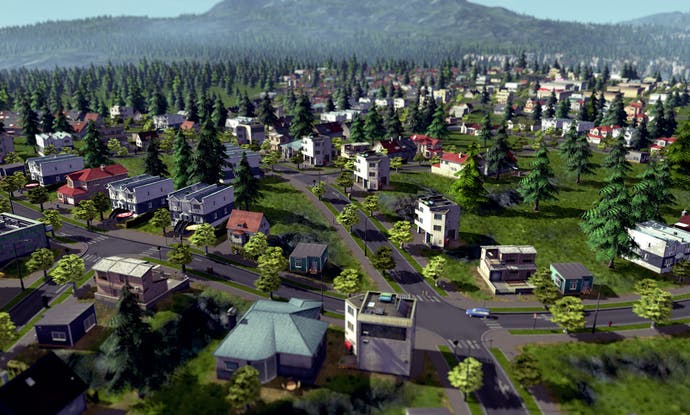
While Cities: Skylines isn't just an attempt to exploit the hole in the market left by an irrational SimCity, both Colossal and Paradox are well aware of the failings of the latest in Maxis' usually polished series and know that there's an opportunity to be seized. The game's reveal trailer has that same perkiness to its music and that same romanticisation of suburbia that Maxis are known for, while a coy nod to SimCity's initial demand that players always be online is found in the simple, final boast "Play offline." Never one to equivocate, this point was driven home by Paradox's VP of acquisitions, Shams Jorjani in a recent Reddit AMA: "Thankfully advances in technology have enabled us to do all city management calculations locally on your PC. We don't have to do them in the cloud any more which, you know, was the ONLY way to do it a few years ago."
Though there's confidence in Colossal's words, the studio is not cocky and Hallikainen isn't keen for her team to run before they can walk. "It's very dynamic, working in a small team, and I think it's very important that everybody gets to pitch in in more than just their specific area, but the scope of the game is one of the biggest issues," she says. "Our competitors have had massive teams, massive budgets, and we don't have that luxury. We really have to focus our efforts on certain features, make sure those are polished and then expand later." The plan is for the team to first make sure that they have a solid base to build upon, a coherent, intelligent and comprehensible simulation that allows would-be mayors to manage their cities effectively. There's no plan yet to include in-game terrain modification or disasters, for example, though a map editor will allow players to create and import custom maps and lead designer Karoliina Korppoo says that the game's realistic water simulation does mean sadistic players could potentially find ways to flood their cities, "And will enjoy trying."
"The philosophy behind our design is, though it's based on the real world, we still want to make a game. It has to be fun," says Korppoo. "Skylines is lighter than Cities in Motion, to appeal to a wider audience. We're working hard to make an interactive tutorial, so less experienced players can master it, and the UI should be much easier to use and to understand." That said, the game she describes still sounds like it has considerable depth to its mechanics. Korppoo talks about "living cities" where "you can follow someone, see where they work and see where their home is." Individual citizens might move in or be born locally, but will also age with the passage of time and could become richer or poorer. Older citizens have different needs to families with school-going kids and the idea is that the changing demographics of your city will place different demands on the its public services. In the natural world, the movement of water though rivers, lakes and waterfalls might affect the movement of sewage, while surface water from the aforementioned flooding will gradually evaporate.
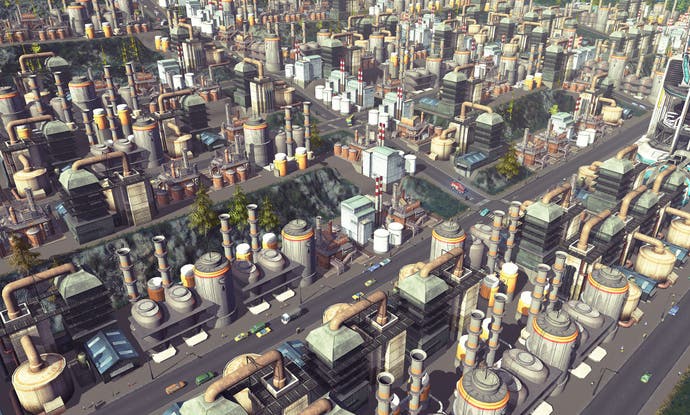
Within all this, Colossal plans to provide plenty of possibility for players to build the sort of towns, cities or villages they want to. Those could be a network of smaller towns, a collection of farming communities or a horrific megacity that tarmacs over every square metre. Public transport could be your priority, or private car ownership, and you can tailor your city's policies and industrial direction based on your preference. "If you want to go environmentally friendly, you can," says Hallikainen. "There's public transit and pollution is a big factor in city happiness. But if you want to go in a traditionally capitalist direction, you can do that too. There's a feature supporting this called Monuments where you get in-game achievements, special buildings, awarded depending upon how you're building."
For now, Colossal is going for a relatively generic, modern architectural style (think Dallas, rather than Paris), but the plan is to make Cities: Skylines as easy a game to mod as possible. Hallikainen hopes to give modders the chance to create and import a wealth of custom buildings, parks and other contributions and share these via the Steam Workshop. "We didn't achieve the level of modding we were hoping for in Cities in Motion 2, after having a really good modding community in Cities in Motion 1," she concedes. "Now, we really want people to be able to decorate their city."
It's one way that she sees the game developing after release and she's already anticipating changes players might make to both the game's assets and even its mechanics. It's also very likely that, with Paradox as its publisher, a variety of DLC will also follow, some adding new features, others simply cosmetics. Cities: Skylines is currently slated for a release some time between the first and second quarter of 2015 and Colossal hopes that, with additional content from both its team and the game's players, it will continue to grow for a long time after. The company certainly likes to think big.
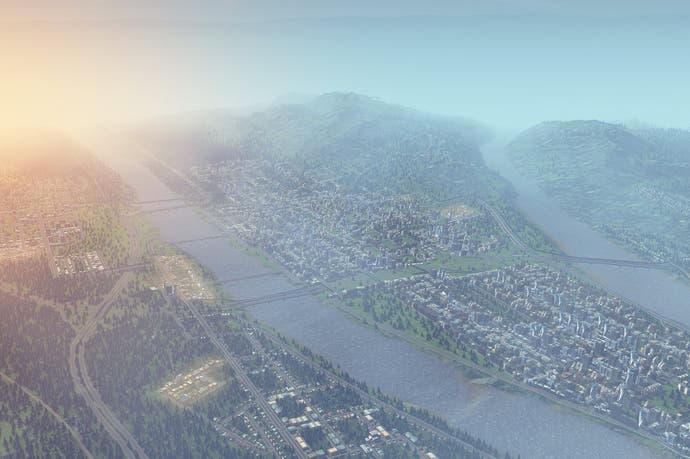

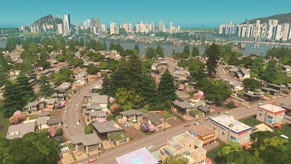
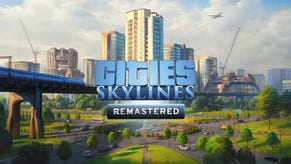
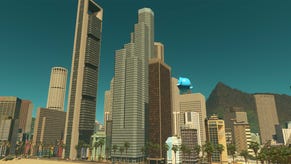
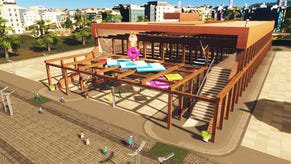
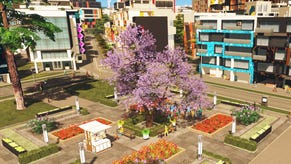
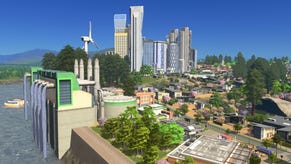

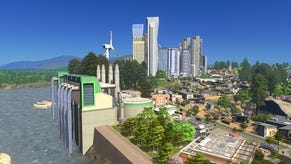

.png?width=291&height=164&fit=crop&quality=80&format=jpg&auto=webp)




.jpg?width=291&height=164&fit=crop&quality=80&format=jpg&auto=webp)
